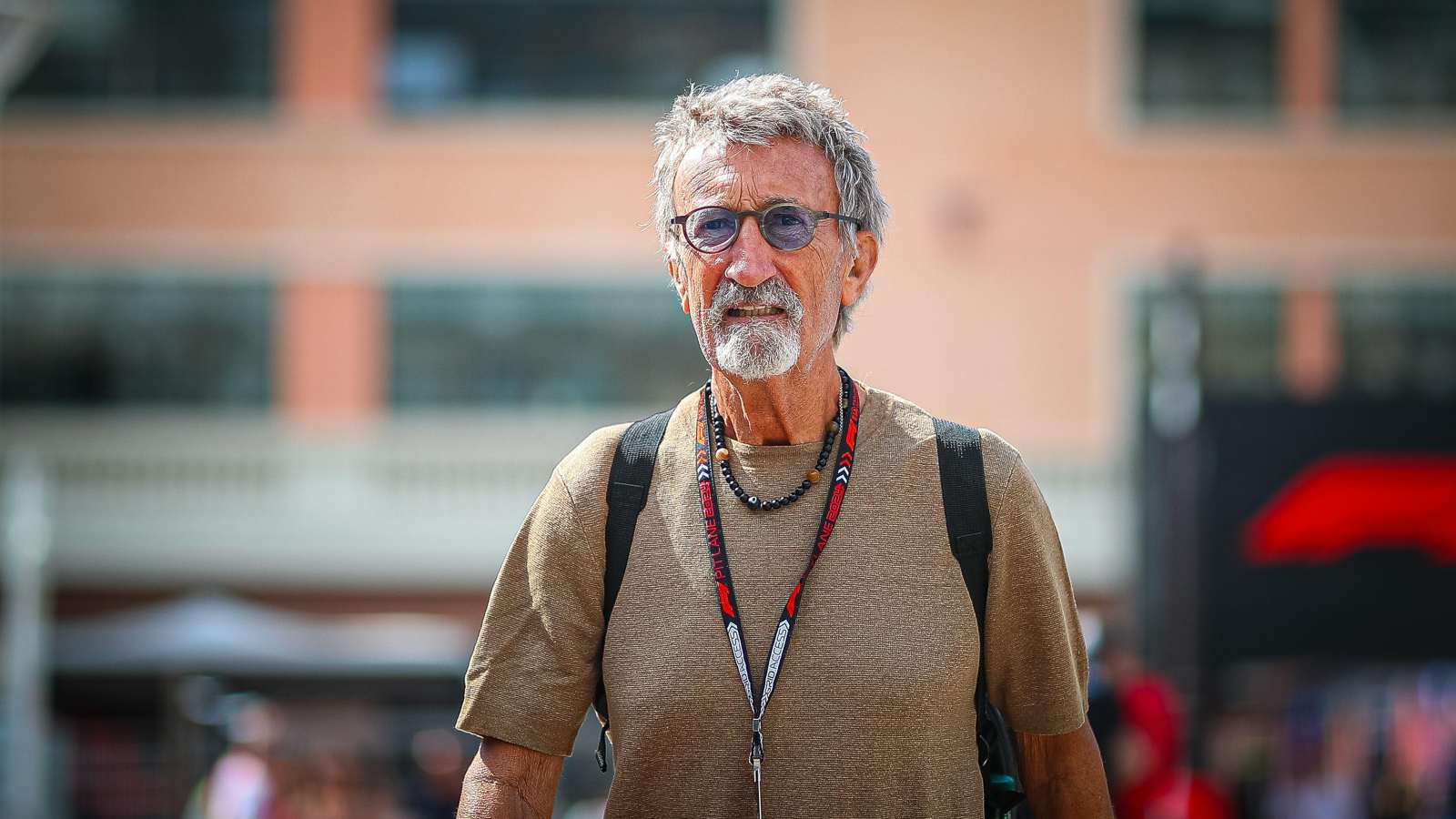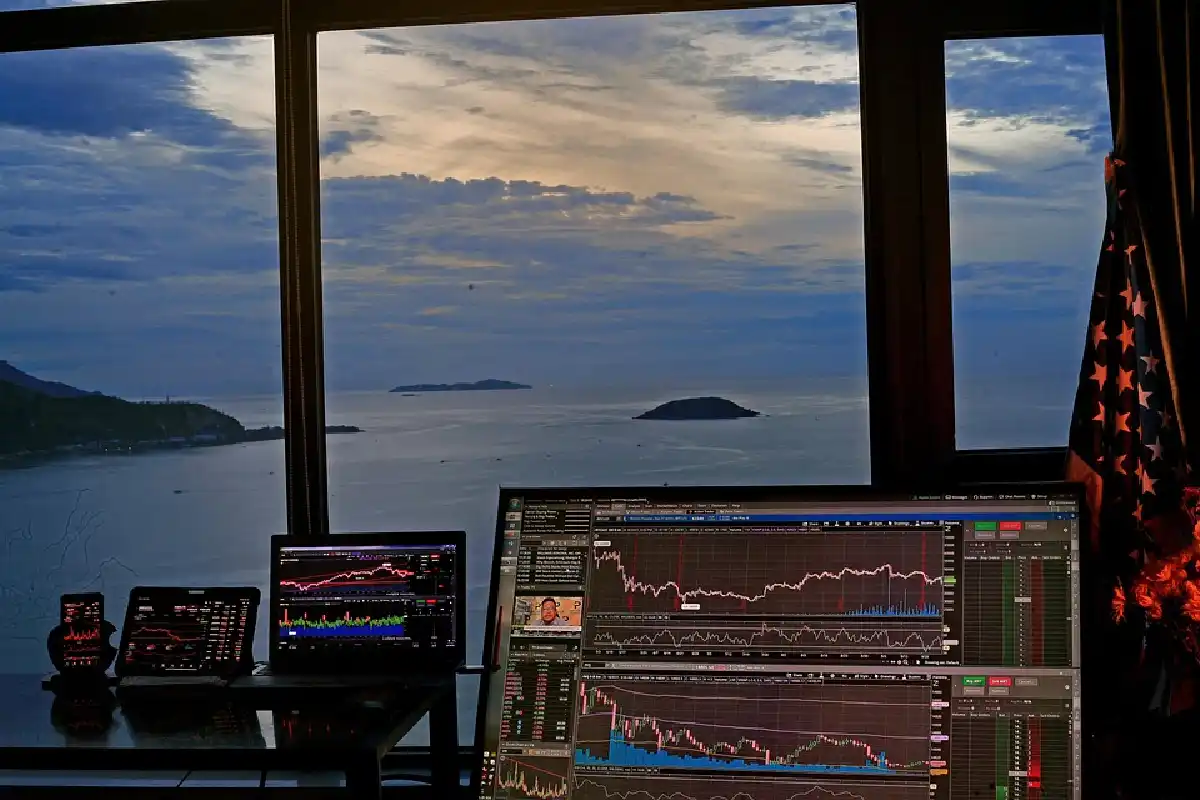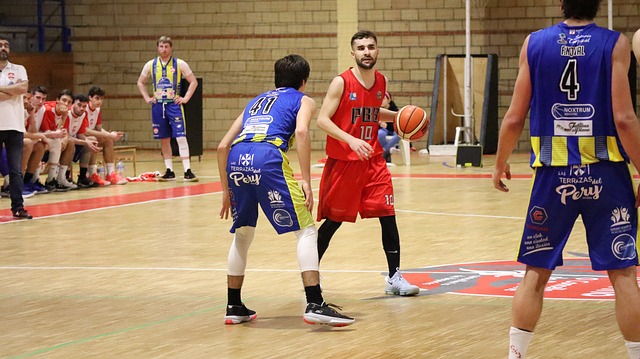Eddie Jordan, who passed away on March 20, 2025, at the age of 73, was more than just a former racing driver. He was a larger-than-life entrepreneur, motorsport team owner, and media personality who left an indelible mark on Formula 1 and the business world. With a net worth of $600 million at the time of his death, Jordan’s influence extended from the racing paddock to boardrooms and television studios.
Early Life: Humble Beginnings in Dublin
Edmund Patrick Jordan was born on March 30, 1948, in Dublin, Ireland, to parents Eileen and Paddy Jordan. He grew up in a modest home in Dartry, South Dublin, and later in Bray, County Wicklow, after health issues as a baby led doctors to recommend more exposure to fresh air.
Nicknamed “Flash” during his childhood—thanks to the rhyme with “Gordon”—Eddie experienced a tough Catholic education at Synge Street Christian Brothers School. Although he briefly entertained the idea of becoming a priest at age 15, his journey veered toward finance and motorsport. After completing a short accountancy course, he joined the Bank of Ireland as a clerk but later discovered kart racing during a summer job on Jersey island.
The Racing Bug: From Karting to Formula Atlantic Champion
Eddie’s introduction to racing was anything but conventional. After participating in unofficial kart races on the beaches of St. Brelade’s Bay in Jersey, Jordan returned to Dublin and bought his first kart. By 1971, he won the Irish Kart Championship, marking the start of his racing career.
Over the next decade, Jordan climbed the motorsport ladder, racing in Formula Ford, Formula Three, and Formula Atlantic. His crowning moment as a driver came in 1978 when he captured the Irish Formula Atlantic Championship. A severe leg injury in 1976 forced him to reassess his ambitions, leading to his decision to move into team management by the end of the 1970s.
Jordan Grand Prix: A Cinderella Story in Formula 1
Eddie Jordan founded Eddie Jordan Racing in 1980, developing young talents such as Martin Brundle, Damon Hill, Johnny Herbert, and Jean Alesi. His team’s dominance in Formula 3000, where Alesi clinched the championship in 1989, set the stage for an ambitious leap into Formula 1.
In 1991, Jordan Grand Prix made its F1 debut and quickly made headlines by giving a then-unknown Michael Schumacher his first F1 race. Though Schumacher left after one race, Jordan’s reputation as a talent scout was sealed.
The team’s defining era came in the late 1990s. In 1998, Jordan Grand Prix secured its maiden victory at the chaotic Belgian Grand Prix. A year later, the team scored a remarkable 1-2 finish at the German Grand Prix and finished third in the 1999 Constructors’ Championship, with Heinz-Harald Frentzen emerging as a title contender.
Despite its underdog status, Jordan Grand Prix was a fan favorite due to its bold livery, colorful paddock presence, and Jordan’s own charismatic leadership.
Business Ventures & F1 Exit
As Formula 1 became more corporate and financially demanding in the early 2000s, independent teams struggled to compete. In 2005, Jordan sold the team to Midland Group for approximately $60 million, marking his successful departure from F1 team ownership.
His business portfolio diversified rapidly after leaving F1. Jordan invested in real estate, media, and entertainment ventures, further cementing his status as a business magnate. His post-F1 success wasn’t confined to investments—he became a sought-after broadcaster.
From Pit Wall to Television Star
Eddie Jordan found a second wind as a TV personality, joining the BBC’s Formula 1 coverage in 2009 as a pundit alongside Jake Humphrey and David Coulthard. His candid, sometimes controversial takes, coupled with behind-the-scenes knowledge, earned him a loyal fan base.
In 2016, Jordan took his trademark wit and racing expertise to mainstream audiences as one of the new presenters on “Top Gear,” further showcasing his versatility beyond motorsport.
Awards, Honors & Philanthropy
Jordan’s contributions to motorsport and charitable causes did not go unnoticed. He received honorary doctorates from both the University of Ulster and Dublin Institute of Technology. He also earned the James Joyce Award from University College Dublin and the Gold Medal of Honorary Patronage from Trinity College Dublin’s Philosophical Society.
In 2012, Eddie Jordan was appointed an honorary Officer of the Order of the British Empire (OBE) in recognition of his charitable work and service to motorsport.
Personal Life: Family First
Eddie Jordan was married to Marie McCarthy, a former Irish basketball player, from 1979 until his death. Together, they had four children. Known for his larger-than-life persona in business and racing, Jordan valued family deeply. The Jordans maintained residences in Ireland, South Kensington in London, and Monaco, where Eddie enjoyed time on his yacht.
Even as a businessman and public figure, Jordan remained grounded, maintaining strong ties to his Irish roots and a close relationship with his extended family.
A Lasting Legacy
Eddie Jordan’s story is one of resilience, vision, and calculated risk-taking. From karting on Jersey beaches to helming an F1 team that challenged the sport’s elite, Jordan embodied the entrepreneurial spirit. His transition into media and continued business success made him a multidimensional figure within and beyond motorsport.
At the time of his passing in March 2025, Jordan’s legacy lived on—not just in the annals of Formula 1 history but in the countless careers he launched and the industries he touched.











